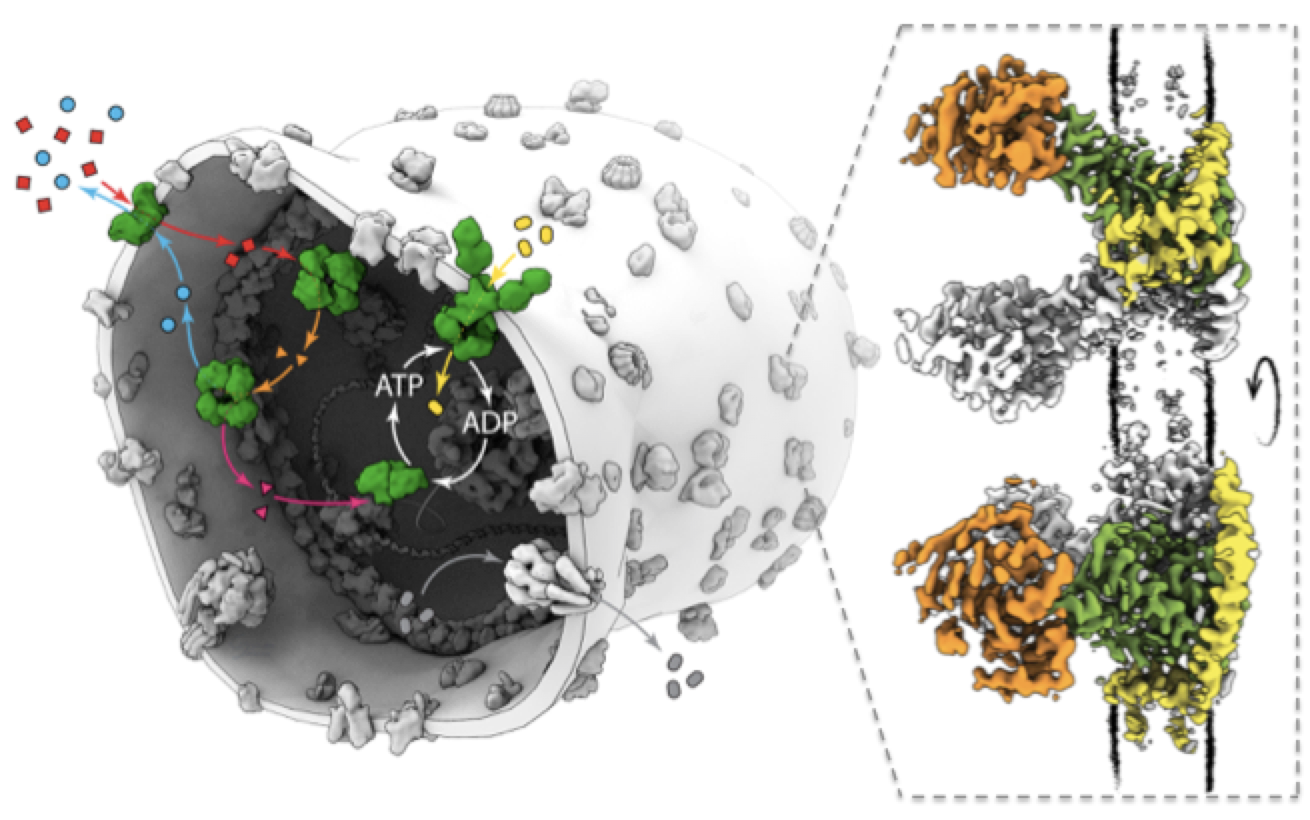Prof. Poolman partner in Marie Curie ITN project of EUR 2.8 million
Bert Poolman, Professor of Biochemistry and Scientific director of the Groningen Biomolecular Sciences and Biotechnology Institute (GBB), is partner in a Marie Curie Innovative Training Network (ITN) that has been awarded EUR 2.8 million for the project ‘BioInspireSensing’. This project focuses on the training of young researchers in investigating, building and producing a new generation of bioinspired implantable sensors.
This new generation of sensors has the additional properties of being fully biocompatible and bioresorbable, unlike most of the existing implantable systems. In health care, with these new sensors, invasive removal surgery that can damage internal tissues and future complications can be avoided. The consortium consists of twelve research groups, including academic and industrial partners. ETN Universitat Politecnica de Catalunya is coordinator.
Poolman receives EUR 280,000 for his part in the project. His expertise in membrane biology and protein chemistry will be used to convert functional membrane proteins into biosensors and develop the required reconstitution technology.

More news
-
10 February 2026
Why only a small number of planets are suitable for life
-
09 February 2026
Can we make the earth spin in the opposite direction?
